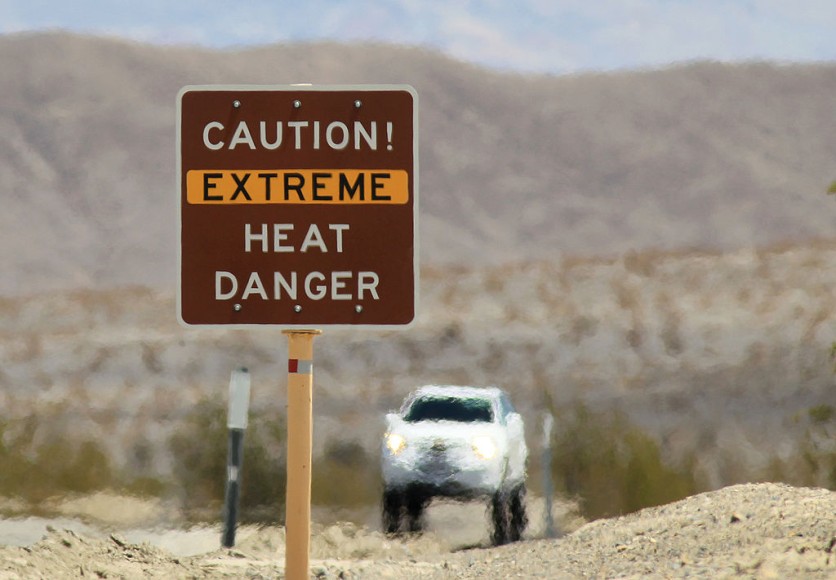On Monday, a new global record for the warmest day was recently set and measured by US meteorologists.
Surpassing an average temperature of 17 degrees Celsius, data from NOAA's National Centers for Environmental Prediction dating back to 1979 show that this reading exceeds the previous day's record (16.92C), which was established on July 24 of last year.

Record-Breaking Temperatures
Worldwide record-breaking temperatures were experienced on Monday, according to meteorological authorities' analysis and verification of data.
The severity of the heatwave is a sharp reminder of the negative effects of climate change, which also include increased frequency and severity of heatwaves, droughts, wildfires, and health concerns.
At the start of July, the average air temperature throughout the planet surpassed the previous record set on July 24 last year and hit a new high of 16.2C.
Other readings have not verified the record, although it may be surpassed once the northern hemisphere's summer season gets underway. Until the end of July or the beginning of August, the average worldwide temperature usually increases.
Heatwaves and Summer
The Copernicus climate monitoring system of the European Union records June as having the hottest average worldwide temperatures, which continue to climb until July or August.
The World Meteorological Organization claims that temperatures are increasing above average due to the Pacific Ocean's El Nino weather.
The combustion of fossil fuels continues to be the main source of the 400 billion metric tons of CO2 that humans release into the atmosphere each year.
Environmental specialists caution that quick action is urgently required to minimize and adapt to climate change. To safeguard our world and future generations, we must prioritize sustainable activities, cut greenhouse gas emissions, and invest in renewable energy sources.
This event emphasizes how urgent it is to solve climate change. It emphasizes the necessity of quick action to adapt to alleviate the effects of rising global temperatures on ecosystems, infrastructure, and human health.
A more resilient and sustainable future may be achieved by encouraging a communal commitment to sustainable behaviors, renewable energy, and climate change mitigation.
Related Article : Climate Change Is Turning Parts Of The Arctic Brown

ⓒ 2026 TECHTIMES.com All rights reserved. Do not reproduce without permission.




